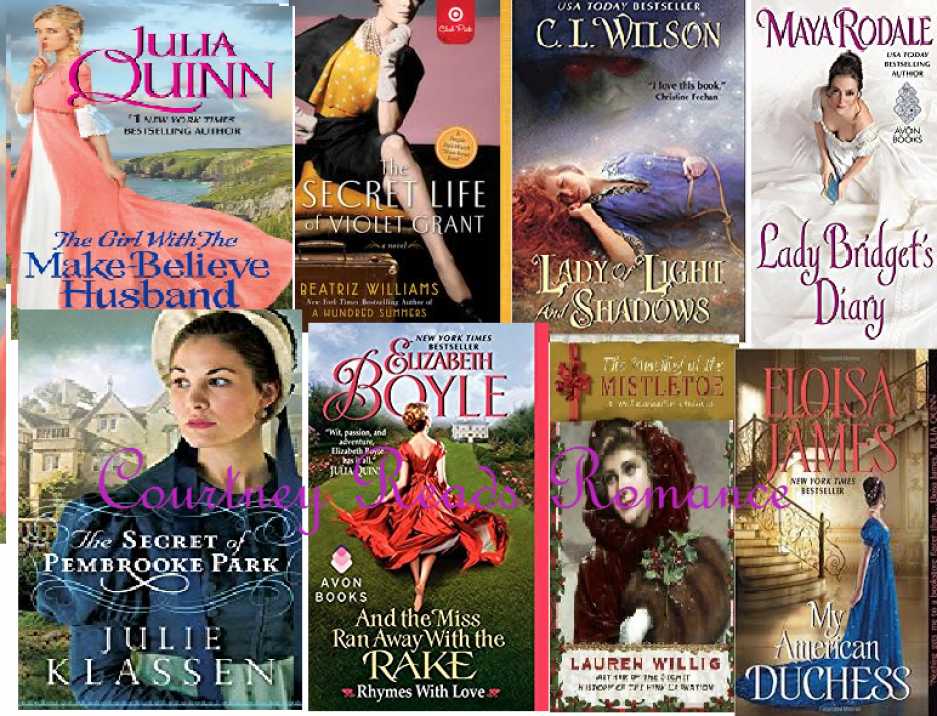Cover image belongs to Daisy Goodwin and St. Martin’s Press.
Goodwin, Daisy. The American Heiress. New York: St. Martin’s Press: 2011. ISBN-13: 978-0312658656. Hardcover List Price: $26.99 Paperback List Price: $16.99
3 stars
While this book is marketed as serious historical fiction, by an author who currently works as the writer for the Masterpiece series Victoria, and even has the setup to be a more serious historical drama, it is ultimately a romance, and a somewhat weak one at that. However, it is based on real historical figures, and Goodwin did her research into the period Gilded Age New York and Newport and Victorian England.
The heroine of the novel, Cora Cash, is an heiress who is subjected to abuse by her mother, who aspires to see her married to a titled husband in England, a trend that had become an industry by the 1890s. Consuelo Vanderbilt was the real-life inspiration for Cora, and like her fictional counterpart, Consuelo was coerced into marriage with an impoverished duke by her socially ambitious mother.

The novel appears to be set up in two parallel arcs: one following Cora and her less-than-idyllic life as Duchess, and another following her maid, Bertha, who is torn between loyalty to her mistress and the possibility of a romance of her own. I liked this, as it established the parallels and contradictions between “upstairs” and “downstairs” and how they are connected, but also very much separate from one another.
One thing that bothered me, though was that this novel doesn’t seem certain of its identity. On the one hand, it purports to be a historical fiction piece, based on the advantageous, but loveless marriages that occurred between couples like Consuelo Vanderbilt and the Duke of Marlborough (who would eventually divorce, and later have their union annulled, after twenty-six years). But it also seems to try to make it seem like a romance, where the misunderstandings and past loves between the couple are insignificant in comparison to the marriage between Cora and Ivo, Duke of Wareham. He professes to love her at the end of the book, but I don’t think Goodwin gives enough of a sense of who he is. By contrast, she makes Cora’s longtime friend and onetime love, Teddy Van Der Leyden, a POV character, and imbues him with a sense of honor, which makes him much more attractive in my eyes. I hope that she writes a happier ending for him in the future.






